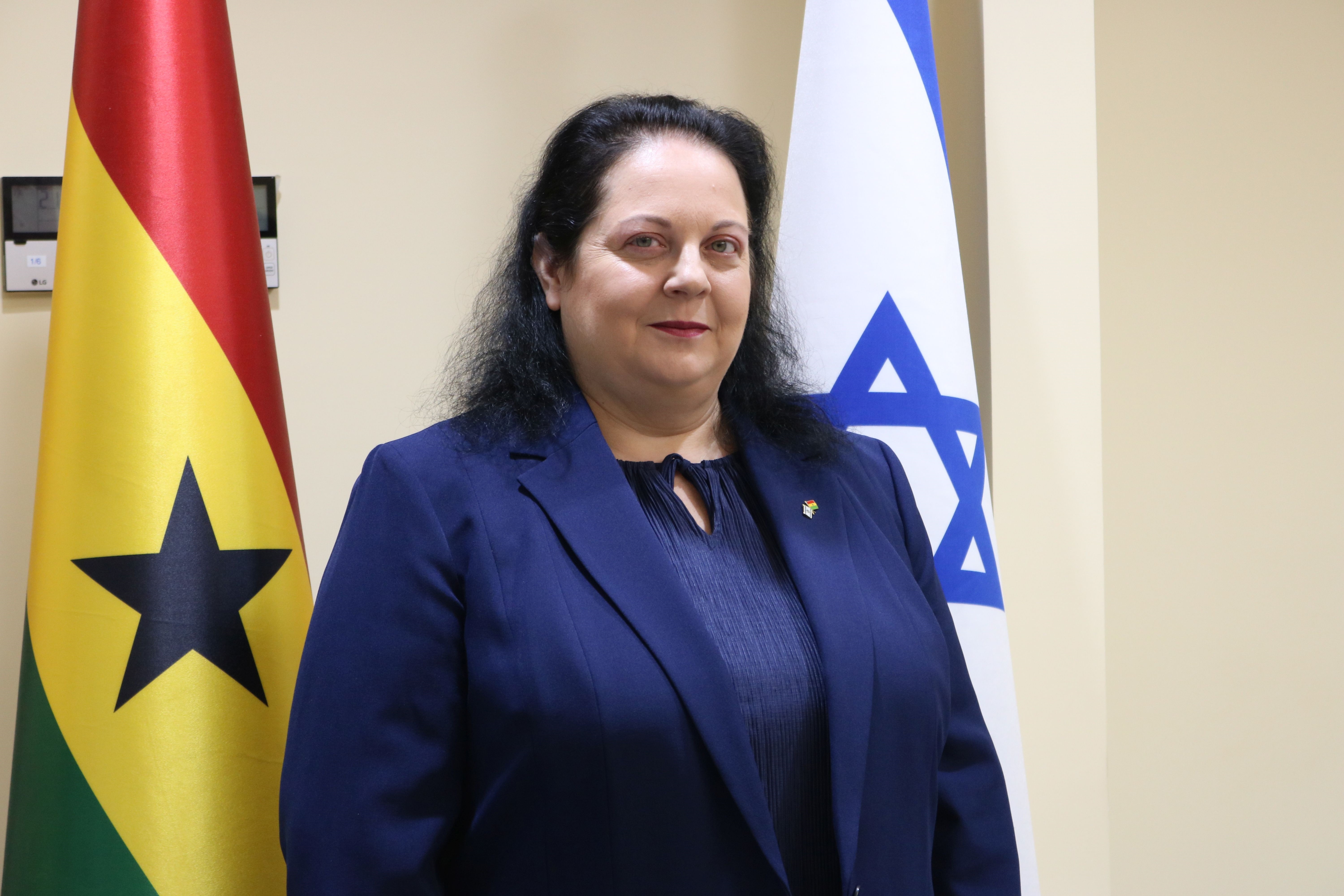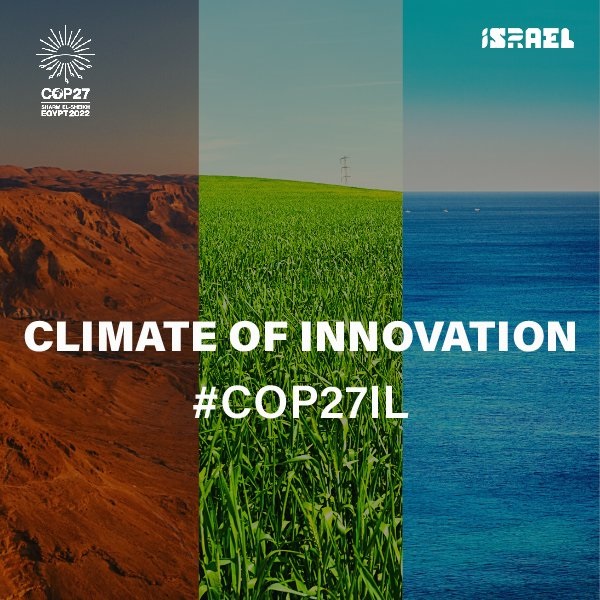
COP27: Collaborating to implement smart climate solutions
This year, 2022, is the year when it became clear to us all that we are in the midst of a powerful climate crisis that is only getting worse.
Widespread floods in Pakistan displaced tens of millions from their homes and flooded about a third of the country.
Advertisement
Devastating hurricanes hit the East Coast of the US and the Caribbean, wreaking havoc on a massive scale.
Severe droughts dried up great rivers in Europe and China. This is only a partial list of the major disasters which UN experts have told us time and time again, are only likely to increase as we continue to emit greenhouse gases.
This November, world leaders, government representatives, experts, representatives of the private sector and civil society, academics, opinion shapers, and policy formulators are meeting at the COP 27 annual climate conference in Sharm El Sheikh, Egypt to discuss ways to prevent the climate crisis.
Success of the conference is of the utmost importance. So too is the advancement of all the issues it will focus on, such as the continuation of global efforts to reduce greenhouse gas emissions, adoption of a global goal for adaptation and adjustment to the climate crisis, increasing climate financing and progress on the topic of “loss and damage,” as well as advancing cooperation in the exchange of knowledge and experience.
Israel, located in an arid region and facing chronic water shortages, high temperatures, and a difficult environment for agricultural development, has had to invent creative solutions. Through decades of knowledge and experience, it has found practical solutions to climate challenges, which Israel wishes to share and collaborate on in order to bring about their implementation.
These solutions involve areas that are essential to handling the climate crisis, such as efficiency of water resources and creation of new water sources, drought-resistant agriculture and precision agriculture, invention of animal protein substitutes and sustainable crops, energy efficiency and energy storage, restoration and preservation of forests in arid areas, circular economy, and the production of new materials that are climate and environment-friendly.
Many ideas also come from an active and aware civil society, which contributes to the climate-environmental discourse and activities, ideas that often are then integrated into government action.
Evidence of Israel’s desire to share information is the establishment, for the first time, there is an Israeli pavilion at a COP conference. The pavilion focuses on climate innovation and solutions, and dozens of events aimed at creating international and regional cooperation in the Middle East will be held.
We understand that regional and international cooperation are critical to dealing with the climate crisis; therefore, our goal is that every event at the Israeli pavilion will create a long-term partnership and process.
The participation of an especially large and high-ranking Israeli delegation is also expected. The delegation will include representatives from all the sectors that must be harnessed in order to deal with the climate crisis: government, civil society, the private sector, local government, academia, and more.
In order to overcome the climate crisis, humanity needs practical, applicable solutions to build climate resilience and reduce greenhouse gas emissions that can be implemented on a local as well as a global scale.
These solutions should help meet global mitigation goals and reinforce resilience among countries and communities that are already affected, as well as assist in the implementation of the UN's sustainable development goals – the SDGS.
International cooperation in the field of climate innovation also provides an excellent opportunity to strengthen the economy for the benefit of all, create new jobs, and advance human prosperity, while preserving nature, the climate and ecological diversity. In Ghana, the Embassy of Israel has taken keen notice of how climate change is impacting the agricultural sector and environment.
The Embassy, through MASHAV (Israel’s Agency for International Development and Cooperation) has facilitated several trainings for Ghanaian professionals in the agricultural and environment sectors to receive valuable skills from Israel on climate change adaptations. We also continue to collaborate with various stakeholders to work on projects that support climate change impact in Ghana.
Since 2019, the Embassy has collaborated with the Ghana Garden and Flower Movement to organize the Israeli Green Innovation Competition to support climate smart initiatives of startups. We also look forward to more governmental partnerships that ensures necessary technology transfers from Israel to Ghana.
We all have an important part to play in preventing the climate crisis. I hope that the Sharm el-Sheikh conference will be a great success and mark a positive turning point in the future of humanity. You are invited to come and see us at the Israeli pavilion at COP 27!
The writer is the Israeli Ambassador to Ghana, Liberia and Sierra Leone.





